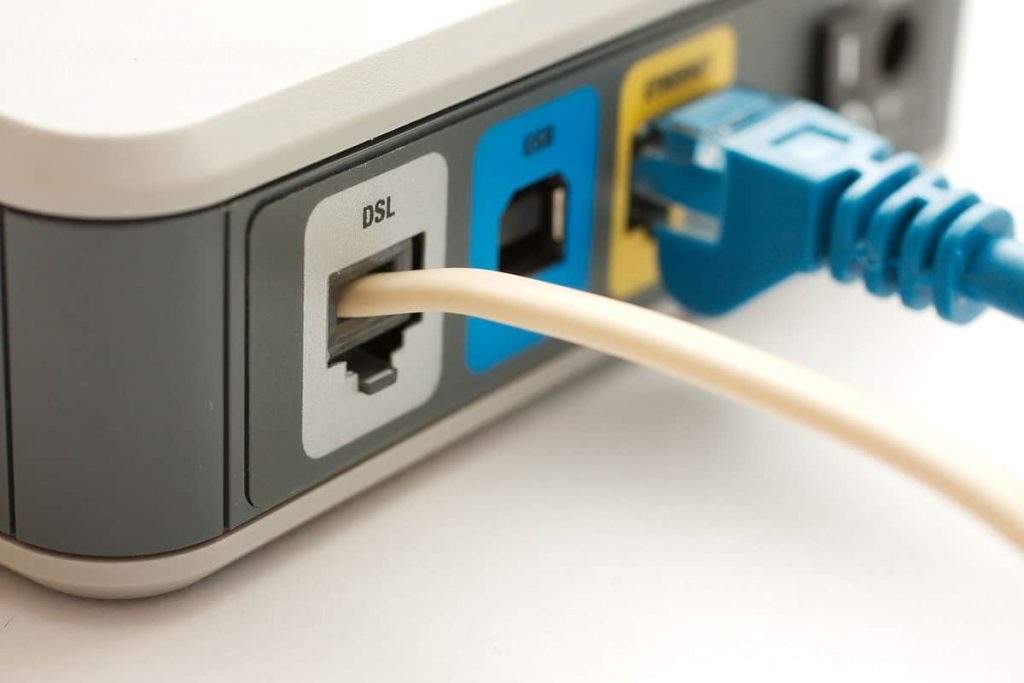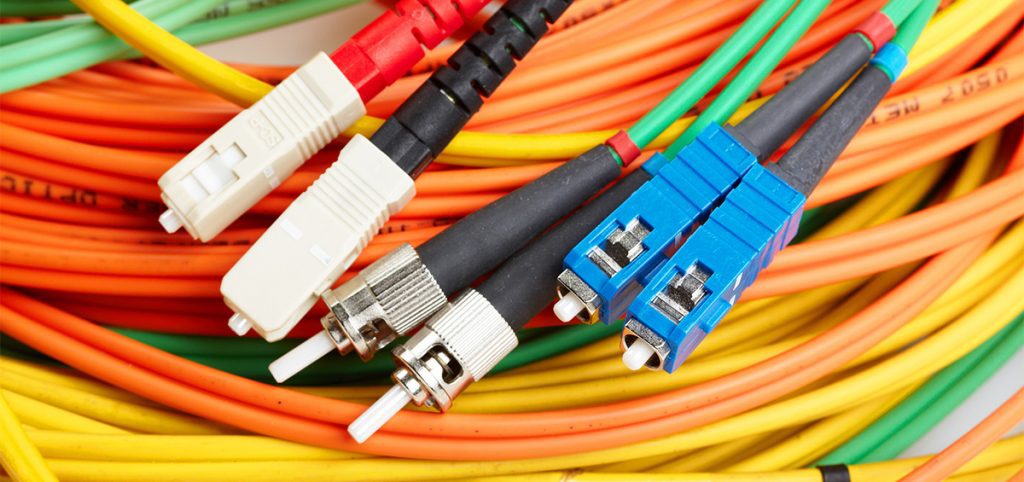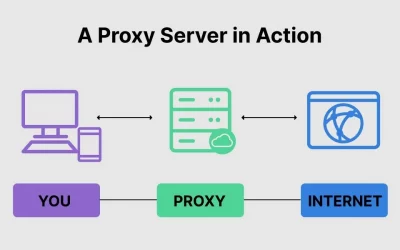Test your current internet speed
Before you get started, test your current internet speed. Use your speed test result as a baseline and compare the results as you go through your journey on reaching a faster internet connection.
SpeedtestGood download & upload speed for the office is very important. When looking for an internet service provider, connectivity speed is an important factor to consider regardless of your business type—whether you run a little corner flower shop or a more complex digital enterprise with many employees that collaborate in real-time (ISP).
Your company must take into account the required internet speed to complete those crucial duties. The answer depends on the kind of business you run, how much data you require, and how many clients you have.
You should also be aware of a few important issues that will help you decide how much bandwidth you require.
What is the average internet speed for businesses?
For routine tasks like emailing, transferring files, using cloud-based software, and videoconferencing, the average business needs at least 25 Mbps of download bandwidth and 3 Mbps of upload speed.
The Federal Communications Commission (FCC) stipulates that a broadband connection must have a minimum download speed of 25 Mbps and an upload speed of 3 Mbps in order to be considered a broadband network. However, as needs change and demand rises, this average will keep rising year after year.
Additionally, every organization has different needs in terms of internet speed. The amount of bandwidth needed by your organization relies on a variety of variables, including the type of business you run, how frequently you upload and download large files, how much your firm depends on fast internet, and how many employees are using the network at any given moment.
If you’re still unsure of how much bandwidth your company requires, speak with your ISP. Online bandwidth need estimators are available from many providers, which can assist you in better understanding your requirements and available solutions.
How much internet speed does your business need?
You should evaluate a few factors to estimate the internet speed required for your organization to run effectively.
For instance, if you own a small business, you’ll use the internet to contact clients and download files and emails. However, the more employees you may have online at once the bigger your company may be.
How quickly do you need your internet connection to be? Based on the number of devices being used and what is being done online, the following is a decent estimate of the optimal internet speeds you’ll require:
| Internet speed (download) | Number of connected users/devices | What you can do |
|---|---|---|
| 5 Mbps | 1 or 2 | Online browsing, research, email |
| 25 Mbps | 3 to 5 | Large-file downloading, basic Wi-Fi, business communication |
| 75 Mbps | 5 to 10 | Video streaming, frequent file sharing, numerous POS transactions |
| 150 Mbps | 10 to 15 | Frequent cloud computing, video conferencing, data backups |
| 250 Mbps | 15 to 20 | Server hosting, seamless streaming and conferencing |
| 500 Mbps | 20 to 30 | Multiple-server hosting, constant cloud-based computing, heavy online backups |
| 1 Gbps (1,000 Mbps) | 30+ | Extreme-speed operating for enterprise-ready offices with near-zero interruptions |
Visit InMyArea to see which ISPs are offered in your neighborhood. Your address or ZIP code will be required to display the selections.
Speed vs. Bandwidth
Both speed and bandwidth affect your internet connection and how quickly you can operate.
In actuality, your network’s actual speed has nothing to do with the internet speed you purchase from your provider.
- The amount of data that can be transported per second is referred to as bandwidth.
- The speed of data within your bandwidth is measured.
Consider it in this way.
- Data is every vehicle on a road.
- Broadband is the way.
- Speed is the rate of movement of the cars on the road.
If there are more lanes and fewer vehicles on the road, cars can go quicker and arrive at their destination sooner.

Similar to this, your internet will operate more quickly if there is more bandwidth (road lanes) and fewer data (users or applications) on it.
The three main types of internet
You’ve probably heard of the three primary forms of internet if you’ve ever looked into and compared the finest internet service providers for businesses.
DSL

Digital subscriber line, sometimes known as DSL, is regarded as one of the swiftest and most practical internet solutions available.
Businesses can access the internet at high speeds through their existing phone lines.
Although DSL doesn’t disrupt phone calls, be aware that if the line is destroyed or the service is interrupted by a power outage, you could lose your internet access.
Fiber-optic

Look no further than fiber-optic if you want internet speed that is unbelievably fast.
Fiber-optic technology has the lowest latency, making it a lifesaver for companies that frequently conduct video conferences or download massive data.
Glass-stranded fiber-optic cables are used in this form of internet connection to transmit data.
To transmit digital code from one end to the other, flashing lights are pulsed across these strands at predetermined intervals.
However, because fiber-optic is a more recent choice than DSL, it is generally more expensive and only available to 25% of the population.
Read more about fiber-optic.
Satellite internet

Are you curious what the satellite internet dish is? Geostationary satellites in orbit more than 22,000 miles above Earth use small satellite dishes on buildings to send and receive data.
However, satellite internet has a few recognized technical flaws.
The latency brought on by the separation between your computer, the satellite, and the ground-based servers is foremost among them.
But if your company is in a remote place, a satellite provider might be your only choice.
What are good download and upload speeds for a school? [2023]

The visionary founder behind SpeedtestGo, an innovative platform dedicated to helping users measure and optimize their internet speed. With a deep-rooted love for technology and a mission to empower individuals with reliable internet connections, Shawn has created a remarkable space where users can test their internet speed and gain valuable insights and information through engaging blog content.








